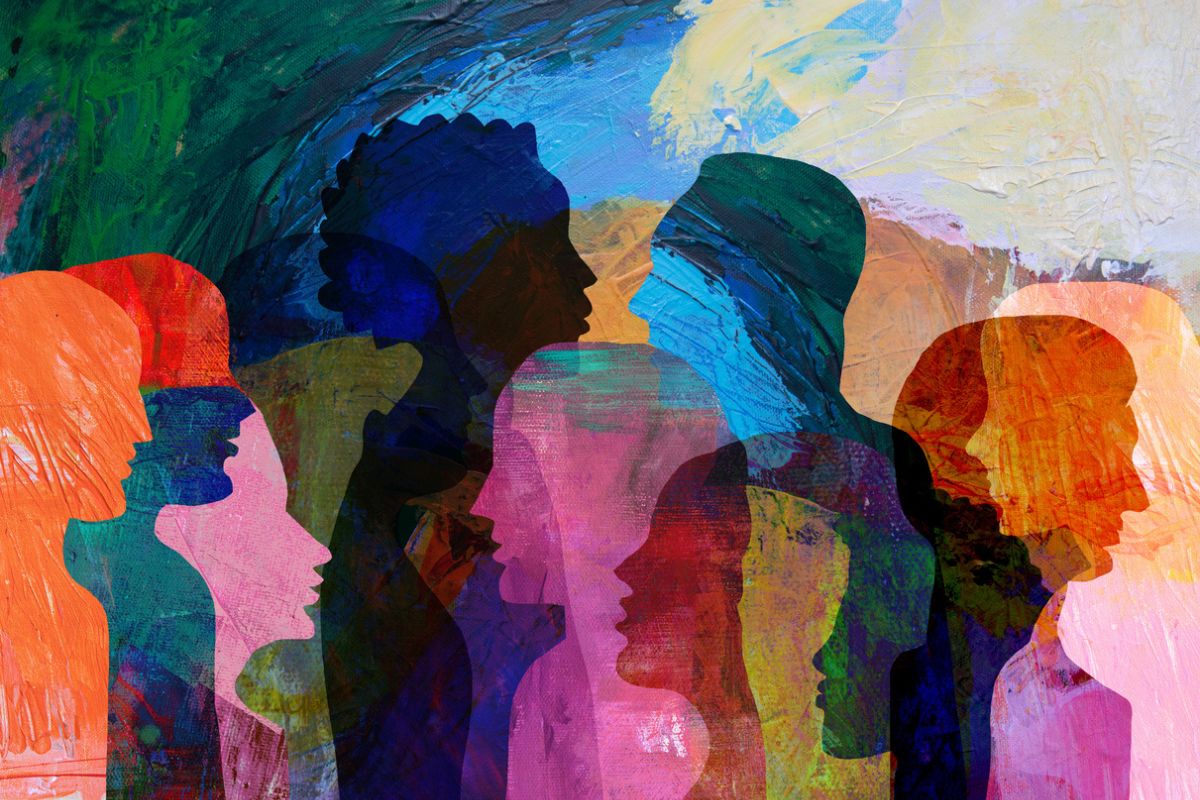With apologies to John Steinbeck and his fondness for solitude, most of us understand loneliness as a sense of disconnection – from people, events, or even a shared understanding among a larger group. Frustratingly, this sense of isolation often persists in the face of actual human contact, fueling anxiety, depression, and even physical health problems.
A recent research paper, appearing earlier this year in Communications Psychology, sheds light on the latter, revealing that lonely individuals’ perceptions of popular culture veer dramatically from the “zeitgeist.”
“Shared reality fosters social connections between people and increases confidence in one’s knowledge because it is corroborated by others,” the authors wrote. “Our findings provide evidence that loneliness is associated with deviations from the zeitgeist, specifically when it comes to perceptions of well-known celebrities.”
Neural and Linguistic Divergence
The Columbia and Stanford University researchers examined two brain imaging datasets where participants evaluated prominent celebrities. The team discovered that lonelier individuals showed unique patterns of activity in the medial prefrontal cortex (MPFC). The neural representations of lonelier individuals diverged more from the group consensus, especially for celebrities with widely agreed-upon traits.
In a second study involving more than 900 participants, lonelier individuals also relied on more idiosyncratic language to describe celebrities when compared to societal norms. This behavior persisted where strong consensus existed, suggesting that – at its core – loneliness corresponds to a detachment from commonly held cultural perceptions.
These research results suggest that loneliness might stem not just from a lack of personal relationships. Instead, the researchers insist that crop up as a result of feeling out of sync with widely shared cultural ideas. This disconnect can make it harder for lonely individuals to find common ground in conversations, which could exacerbate their sense of isolation.
Additionally, this aberration might suggest an internal focus we typically see in loneliness, where people turn to inner thoughts, neglecting shared realities.
This data underscores how loneliness might alter the way individuals integrate new information with existing knowledge, tugging them even further away from societal norms.
A Cycle of Isolation
This link between loneliness and idiosyncratic cultural knowledge could be cyclical. Feeling disconnected could lead to representations that differ from the consensus, making it harder to connect socially.
Over time, this could make things worse, as individuals struggle to align their perceptions with everyone around them.
“Loneliness corresponded with idiosyncratic neural representations of celebrities as well as more idiosyncratic communication about celebrities, particularly when an otherwise strong consensus existed between less lonely people,” the authors wrote. “Lonely individuals’ feeling that their ideas are not shared by the people around them is more than metaphorical; it is objectively reflected in idiosyncratic knowledge of contemporary culture that strays from the consensus.”
The findings add to earlier studies that tie loneliness to unique brain activity when processing social and cultural media.
But the study’s authors caution against pressuring lonely individuals to conform to the zeitgeist. Instead, fostering empathy and inclusivity within communities could help bridge these gaps more compassionately.
Future research could explore the role of socioeconomic factors, media consumption, and systemic barriers in carving out cultural perceptions among lonely individuals. Understanding these dynamics could be critical to addressing the loneliness epidemic, which has continuted to spread since the COVID-19 pandemic.
This study underscores the profound connection between loneliness and cultural alignment, offering new insight into the ways isolation shapes not just relationships, but our shared understanding of the world.
Further Reading
Predictors of Loneliness by Age Decade
Boredom, Loneliness, and Smartphone Addiction Among Young Adults



